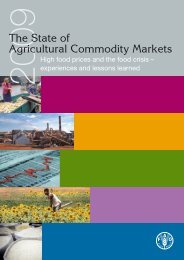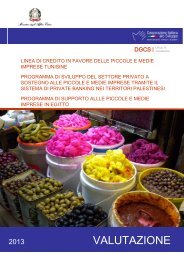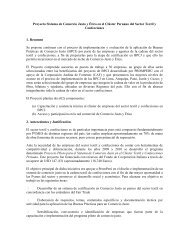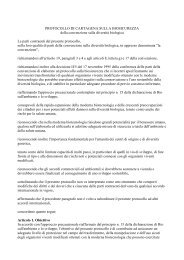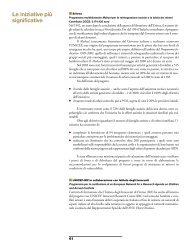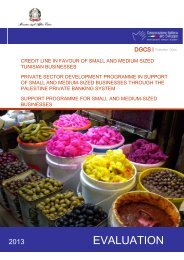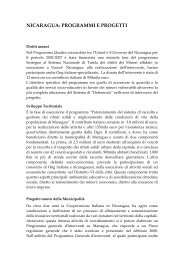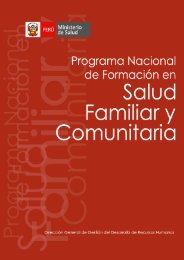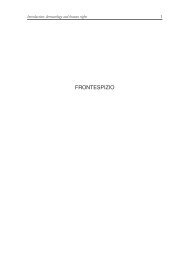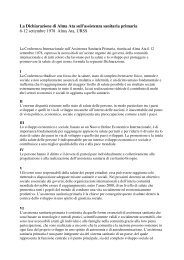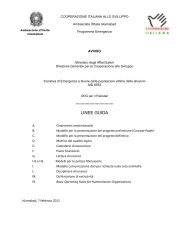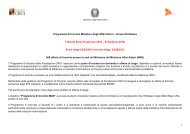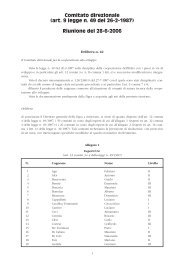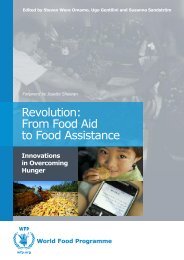here - Cooperazione Italiana allo Sviluppo
here - Cooperazione Italiana allo Sviluppo
here - Cooperazione Italiana allo Sviluppo
Create successful ePaper yourself
Turn your PDF publications into a flip-book with our unique Google optimized e-Paper software.
Table 4 - Foreign citizens regularised through the various curative satutesLaw 943/86 Law 39/90 Law Decree 489/1995 D.P.C.M. 16/10/1998Morocco 27,615 Morocco 48,670 Morocco 34,258 Albania 38,996Tunisia 8,769 Tunisia 26,318 Albania 29,724 Romania 24,098Senegal 8,502 Senegal 15,966 Philippines 21,406 Morocco 23,850Philippines 6,647 Philippines 13,684 China 14,437 China 16,778Yugoslavia 6,521 Yugoslavia 8,924 Peru 12,753 Senegal 10,727China 5,025 China 8,580 Romania 11,099 Egypt 9,467Egypt 3,956 Egypt 7,632 Tunisia 10,362 Nigeria 7,354Sri Lanka 3,607 Ghana 6,517 Senegal 9,889Ghana 3,233 Poland 5,366 Ex Yugoslavia 9,173Iran 3,004 Sri Lanka 5,258 Egypt 8,174Ethiopia 2,492 Somalia 4,912 Nigeria 7,993Mauritius 1,517 Pakistan 4,510Somalia 1,487 Bangladesh 3,861Pakistan 1,216 Mauritius 3,314India 1,193 Nigeria 3,308Cape Verde 975Nigeria 952Source: Our elaboration of Caritas data, 2002.The number of citizens regularised indicates that Nigerian citizens have oftenreached a grade of integration which permits them to benefit from the provisions ofregularisation: as will be seen, even Nigerian criminals have managed to benefitfrom this possibility.It is worth noting that until the D.P.C.M. of 16 October 1998 2 regularisationwas practically the only way to obtain a valid way to stay in Italy: the numberswhich seem particularly high, not only for Nigerian citizens, represents in effect agood percentage of regular presences in Italy in those years.But for Nigeria the more complex photograph of the motives to stay highlightsa net prevalence of reasons of work - with a high incidence of autonomous work -and of the family (together representing 91.5% of the total), a low percentage offamilies joining, while almost absent are those authorisations for study reasons. Inthe distribution of authorisations for social protection reasons ex Art. 18 d.lgs.286/1998 (which we will mention in depth later), those originating from Nigeriaappear to be the most represented.2The DPCM 16 October 1998 is the Decree of the President of the Council of Ministers whichdisciplines the procedures of regularisation of the so-called Turco-Napolitano Law which should havebeen the last provision for regularisation at the same time as the start of a policy of immigration based onregular fluxes of entry.



